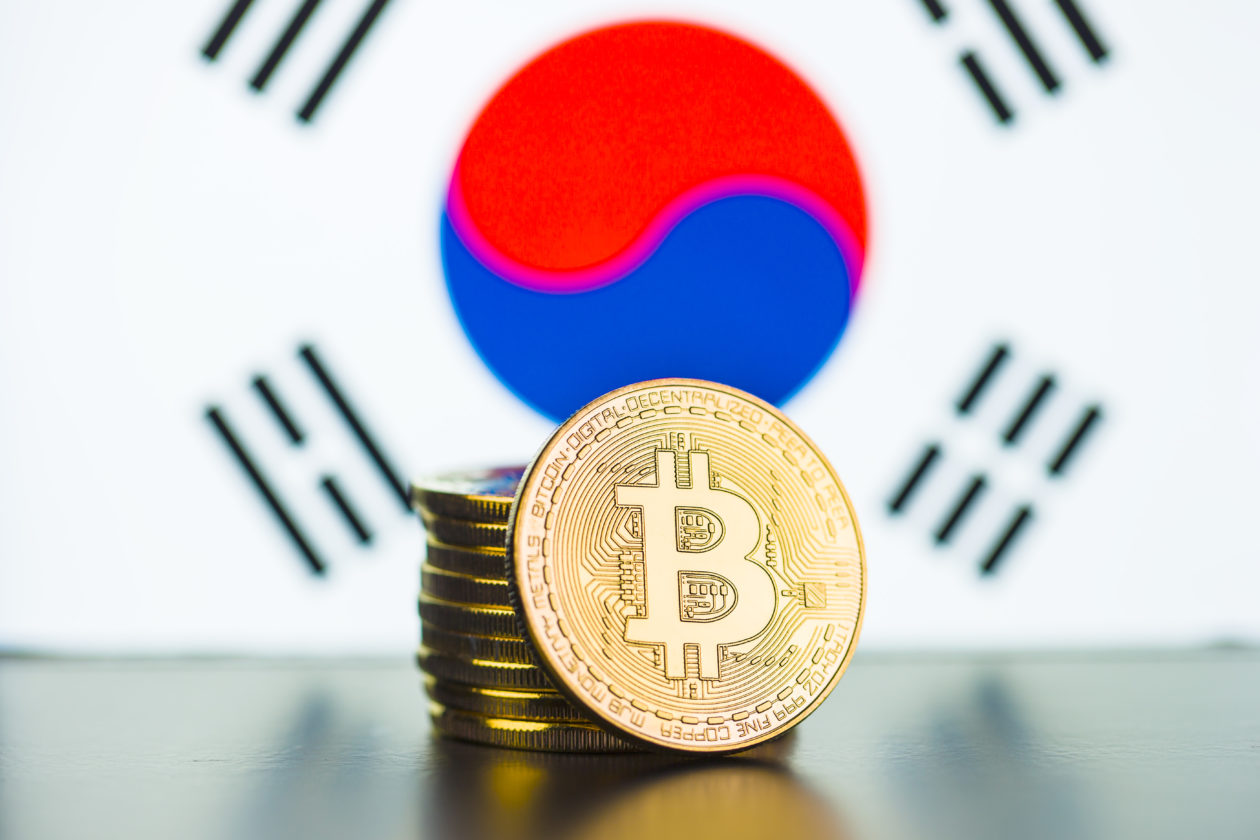Beginning Jan. 1, 2022, every virtual asset gain over the amount of 2.5 million Korean won (about US$2,104) will be taxed by 20%. Despite that date’s approach, regulators and investors are still at odds. As South Korea’s finance minister refuses to make any changes to the original tax plan, anonymous investors have posted online petitions to the presidential Blue House.
The Blue House National Petition Bulletin is an online petition system that allows citizens to anonymously call attention to pressing matters that may be unnoticed. More than 200,000 signatures gathered on any topic within 30 days obligates the government to provide a public response. Back in April, one petitioner called for the voluntary resignation of former Financial Services Commissioner Eun Sung-soo after he made disparaging comments about virtual asset investors.
There are currently two open online petitions on crypto income taxation, with one collecting more than 19,000 signatures in four days. The petitioner makes two requests: an extension of the grace period before taxation on crypto gains begins, and fair taxation. One objection to the tax plan is that some say taxation starts too early, especially when the government has yet to prepare sufficient protective measures for crypto investors.
Another issue is that crypto investors are taxed on uneven grounds when compared to stock capital gains. Income from virtual assets is taxed over 2.5 million won, while stock capital gains taxes start at 50 million won (about US$42,140). Moreover, stock capital gains are to be taxed from 2023, a year later than crypto taxation. The government said it gives special tax benefits to income from certain financial investments, and virtual assets aren’t categorized as financial assets in South Korea — hence the lower threshold for tax deduction.
Hong Ki-yong, professor at Incheon National University, said: “As there is income from virtual asset investments, taxing should take place as soon as possible.” He disagrees with the group that wants a one- or two-year delay in taxing crypto. But he crypto gains and stock capital gains might be considered in the same category. “Virtual assets are categorized as ‘other income’ according to the international financial reporting standards. However, there is little to no inherent difference between income from virtual and financial assets. Hence the topic of tax deduction and other benefits may be discussed in the future,” Hong said.
Meanwhile, some experts bring attention to another loophole that exists in taxing cryptocurrency income, where gains from peer-to-peer (P2P) transactions are almost impossible to track down unless the involved parties voluntarily disclose their earnings.
Despite not yet having measures to levy P2P transactions, finance minister Hong Nam-ki said Tuesday at the National Assembly’s annual review that “the ministry will reinforce the tax infrastructure to prevent tax evasion,” while adding that it will also “supplement the regulations on forcible collection for assets concealed as virtual assets.”





